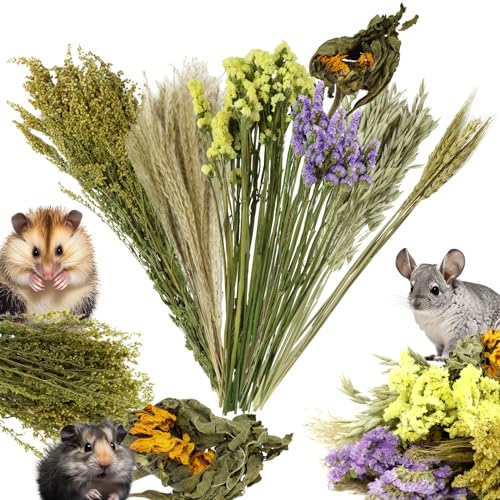With pine shavings, the problem isn't as clear cut. Pine shavings emit similar volatile compounds as cedar, but the risks aren't clear. It is thought that heat treating pine shavings may reduce the levels of aromatic hydrocarbons that have been implicated as a potential concern, so that products such as kiln dried pine are safe (many pet products are heat treated).
Some people think it can cause liver damage over time. Some people say if you open the bag and leave it out for a few days before using it that it will "air it out". I just choose not to use it when there are 100% safe alternatives like Carefresh and fleece.
Even Guinea Lynx (my number 1 trusted source of all of my guinea pig information) says:
"PINE SHAVINGS
In the U.S. dried pine shavings are an economical, convenient, and useful bedding material for your guinea pigs. Small bags are sold in most stores that sell pet supplies. Farm supply stores sell a huge bag very reasonably ($5 to $6). This 3.25 cu. ft. compressed bale yields about 9.75 cu. ft. when decompressed.
All bedding materials have pros and cons. Some cavy owners object to pine, believing that the shavings' volatile oils may harm the liver when used long term or the respiratory system. Should you have any concerns, opening the bag and dumping a third or so of the shavings into a large open container for several days will allow the volatile oils to dissipate.
The weaker the pine smell, the fewer volatile oils will be present. Be sure that any pine shavings you purchase are dry. If the shavings in the bag are wet (stored outside in the rain), return them to the store. Any wet bedding is subject to mold.
Pros:
Low cost
Availability
Efficacy
Cons:
Sticks to towels and fleece.
Not as soft as paper products
Concern with possible respiratory and liver problems (see bedding to AVOID)"
And I read problems on the Guinea Lynx forum all the time of people having problems with URIs and a lot of the time, they're on kd pine bedding.





















































